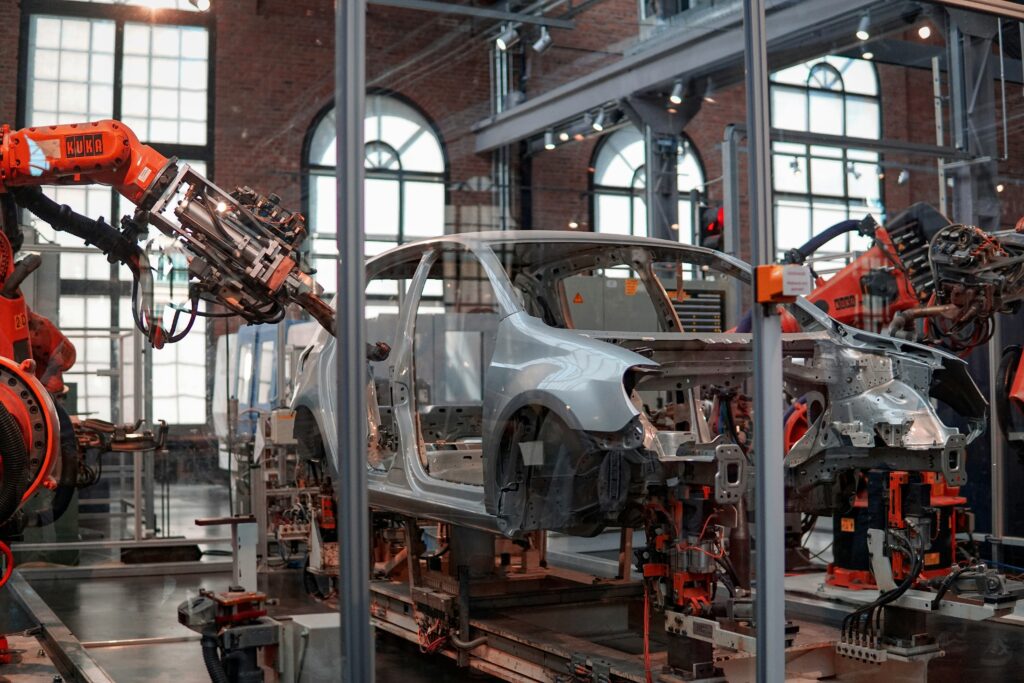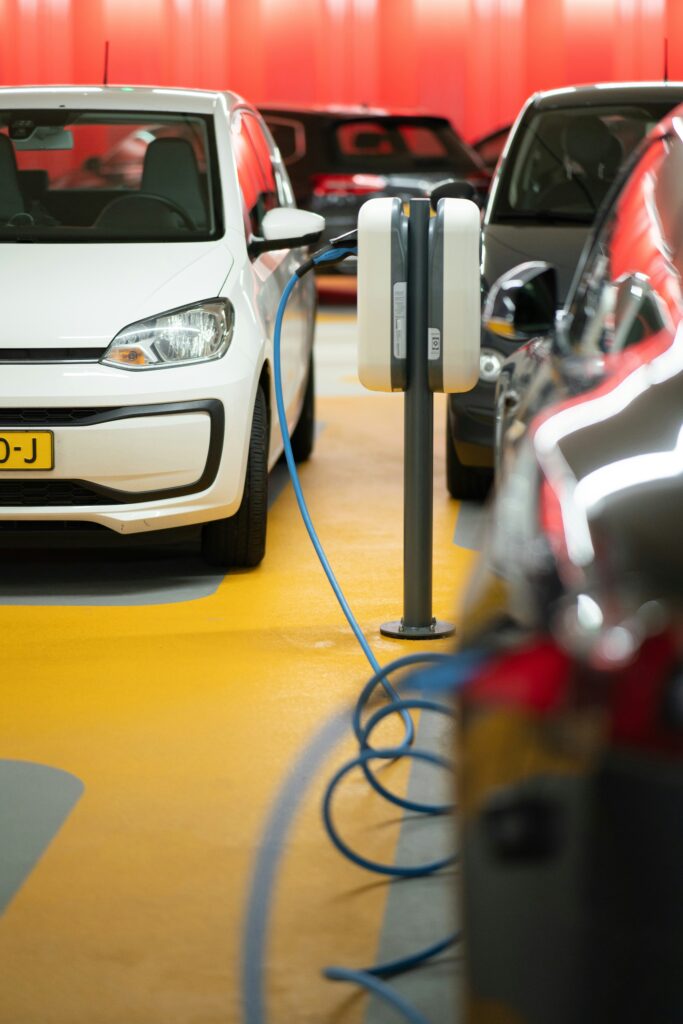
We have the right solution for the Automotive Industry. Our team of experts and strong network of professionals bring years of experience and practical knowledge in the automotive industry which is driven by consumer demand for transportation.
The industry is characterized by rapid technological advancements and innovations, with a focus on improving vehicle safety, fuel efficiency, and reducing carbon emissions. We have expertise in providing solutions focused on the adaptation to new technologies such as battery electric vehicles, autonomous driving technology, and changing consumer preferences.

The heavy-duty truck industry is a sector of the automotive industry that focuses on the design, development, production, and sale of heavy-duty trucks, also known as commercial trucks or heavy goods vehicles (HGVs). This industry is a vital component of the global economy, providing essential transportation services for a wide range of industries, including construction, agriculture, mining, and logistics.
We have strong network with many established players and new entrants. Key players in the industry include manufacturers such as Daimler AG, Volvo Group, PACCAR Inc., and Navistar International Corporation.
Our team of experts is well versed with regulations and requirements, including emissions standards, safety regulations, and weight and size limits which are critical in the industry to ensure the safety of drivers and passengers, as well as to reduce the environmental impact of heavy-duty trucks.

The goal of sustainable transportation is to reduce the environmental impact of transportation by reducing greenhouse gas emissions, promoting energy efficiency, and minimizing waste. Sustainable transportation is an important component of global efforts to address climate change and promote sustainable development. By promoting more sustainable transportation systems, we can reduce our impact on the environment, improve public health, and create more equitable and sustainable communities.
We strongly believe in our contribution to this goals by providing our expertise to help develop:
BEVs are considered to be a highly sustainable form of transportation, as they produce zero tailpipe emissions and can be charged using renewable energy sources such as solar and wind power. They are also highly energy-efficient, as electric motors are more efficient than gasoline engines and do not require energy to idle.
BEVs are considered to be a highly sustainable form of transportation, as they produce zero tailpipe emissions and can be charged using renewable energy sources such as solar and wind power. They are also highly energy-efficient, as electric motors are more efficient than gasoline engines and do not require energy to idle.
Offer several advantages over traditional combustion engines, including lower greenhouse gas emissions, higher energy efficiency, and quieter operation. They can be used to power a wide range of vehicles, including cars, buses, and trucks.
Rely on rechargeable lithium-ion batteries, which contain valuable materials such as lithium, cobalt, and nickel. As these materials become increasingly scarce and expensive, there is a growing need for the recycling of BEV batteries to recover these materials and reduce the environmental impact of their disposal
Are facilities where battery electric vehicles (BEVs) can be charged. They are an essential component of the infrastructure required to support the widespread adoption of BEVs and promote sustainable transportation. BEV charging stations can be operated by a variety of entities, including utilities, governments, and private companies. Many electric vehicle manufacturers also operate their own charging networks to support their customers.
Are gaining traction in the industry as it provides the manufacturers ability to introduce new features and functions by creating a software-centric electronic architecture. Three most powerful technologies - electrification, automation and connectivity are reshaping customer expectations and driving manufacturers to increasingly turn to software driven solutions.

